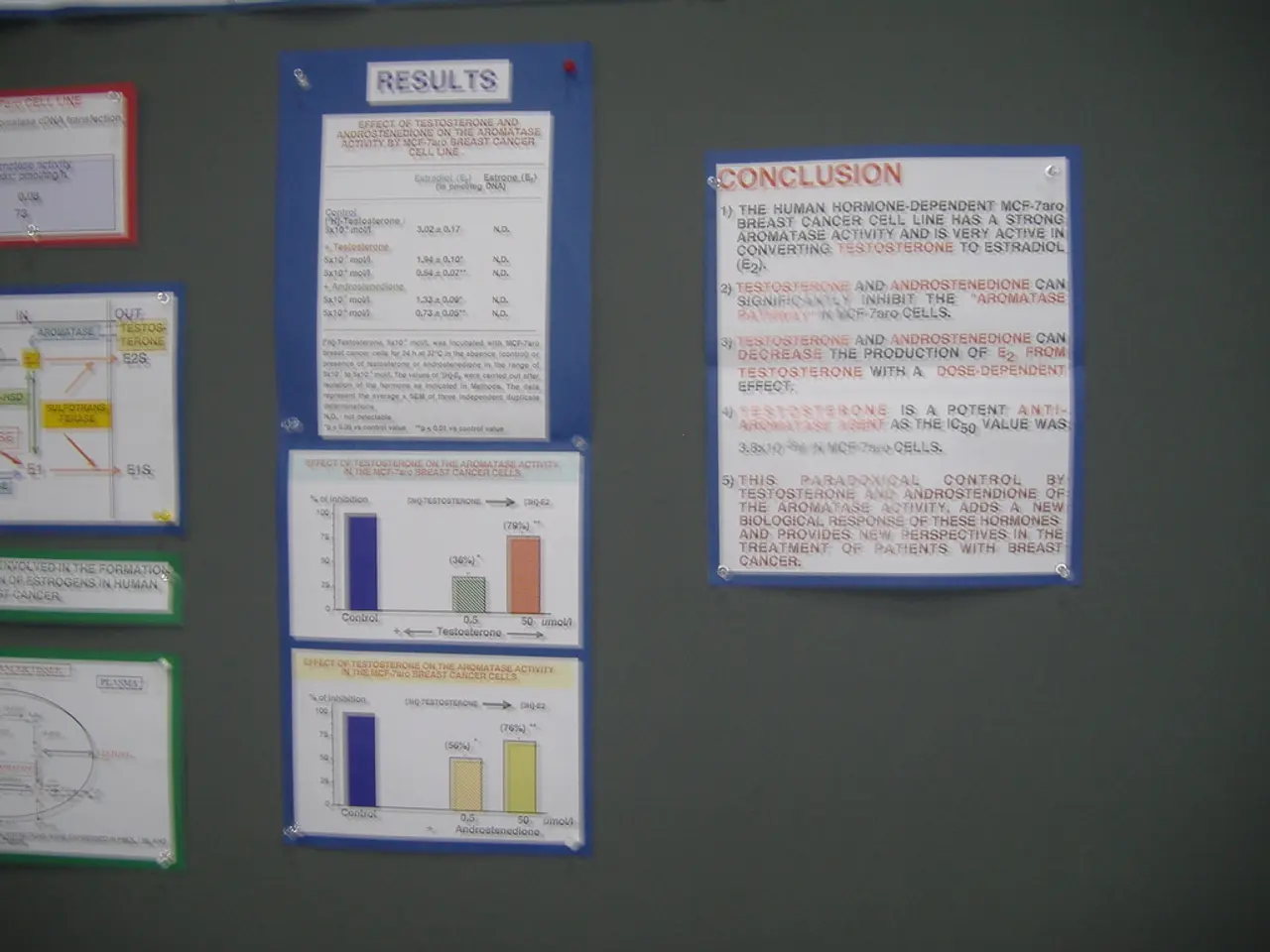fundamental English terms crucial for comprehension of lease agreements
In the world of commercial real estate, navigating a rental agreement can be a complex endeavour for tenants. Here are some key terms and concepts that every tenant should understand to protect their rights, responsibilities, and flexibility:
A rental agreement, or lease, is a legal document outlining the terms and conditions for renting a property. It's essential to familiarise oneself with its contents to ensure a smooth tenancy.
Names of all tenants: All adults occupying the premises should be listed, making them legally responsible for rent and compliance with lease terms.
Term of the tenancy: The lease duration, whether fixed-term or periodic (month-to-month or year-to-year), affects stability and ability to terminate or renew.
Rent and deposits: Amount due, payment schedule, security deposits, fees, and any conditions affecting rent increases over time are crucial aspects to understand.
Repairing obligations: Who is responsible for maintenance and repairs should be clear. Tenants can be responsible for minor repairs or even major structural repairs depending on the lease type.
Lease types (Net leases): Including triple net leases (NNN) where tenants pay rent plus property taxes, insurance, and maintenance; and absolute net leases, where tenants additionally cover structural repairs like roof or foundation.
Tenant options (Option to renew): Rights that allow tenants to extend the lease upon expiration under predefined terms, providing control and business continuity, are valuable.
Break clauses: Clauses allowing early termination under certain conditions, offering flexibility but needing careful review of associated terms, are another important consideration.
Limits on occupancy and use: Restrictions on who may occupy the premises and permitted business activities ensure compliance with landlord approvals and local regulations.
Service charges: Costs for maintaining common areas and shared services, how they are calculated, and tenant responsibilities to pay them are essential details to know.
Alterations and improvements: Rules on whether tenants can make changes or improvements to the premises and who bears the cost are crucial for planning future modifications.
Understanding these terms helps tenants negotiate leases that protect their business interests, clarify financial burdens, and provide options for growth or exit, minimising costly misunderstandings or disputes. It is often advisable to have a commercial lease reviewed by legal counsel to ensure terms are fair and clearly understood.
Additionally, being aware of maintenance obligations, which indicate which party is responsible for repairs and upkeep, and understanding the eviction process, as it outlines reasons for eviction like unauthorized subletting or failure to pay rent, is crucial.
Lastly, during the lease period, mutual agreement on changes can happen, such as tenants requesting alterations to accommodate additional needs, with corresponding adjustments in responsibilities or rent. Lease renewal or termination procedures are critical for lease continuation or early vacating.
Tenants have the right to privacy, a safe and habitable environment, and protection from unlawful eviction. They also have the obligation to maintain the property and report damages.
Every tenant negotiating or interpreting a commercial rental agreement should remember that understanding these key terms equips them with the knowledge to protect their rights and ensures a smooth tenancy.
- Familiarity with a rental agreement's contents, including the names of all tenants and the term of the tenancy, is essential to ensure a smooth and legally responsible tenancy.
- The rent and deposits section must be closely studied to understand the conditions affecting rent increases and payment schedules.
- Being aware of the repairing obligations is crucial, as it determines the responsibility for maintenance and repairs.
- Lease types, such as triple net (NNN) and absolute net leases, carry different implications on tenant responsibilities for taxes, insurance, and maintenance.
- Tenant options like the right to renew or the ability to terminate early can provide control and business continuity; understanding these rights thoroughly is vital.
- A tenant should be well-versed in service charges, alterations and improvements rules, and limits on occupancy and use to avoid misunderstandings or disputes.
- In the realm of personal and professional growth, it's essential for tenants to understand their maintenance obligations, the eviction process, and lease renewal or termination procedures to secure the best possible lease terms.





